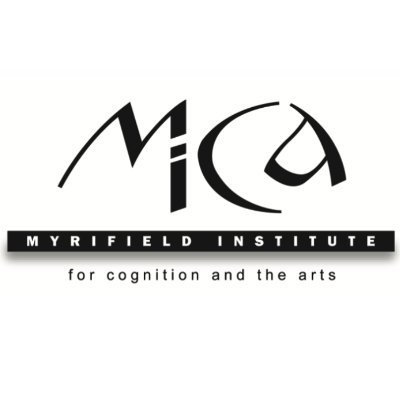
Last paper:
Grazia Pulvirenti, Renata Gambino, Neurohermeneutics. A Transdisciplinary Approach to Literature
- Peer review
- Submit a paper
- Suggest a paper
- Contact us
- Partner program
Mark Turner,
The Embodied Mind and the Origins of Human Culture
 Year: 2011
Year: 2011Topics: Embodied Mind; Cognition;
Disciplines: Anthropology;
DOWNLOAD PAPER
Download size: 134.55 KB
In Cognition and Culture: An Interdisciplinary Dialogue, edited by Ana Margarida Abrantes & Peter Hanenberg. Frankfurt&Berlin: Peter Lang. 13-27.
The notion of the transcendent disembodied mind has almost disappeared from contemporary cognitive science. But research on the embodied mind faces a central problem: presumably, all mammals have embodied minds, but only cognitively modern human beings have robust culture. An embodied mind is evidently insufficient: A community of embodied minds need not have robust culture. In fact, almost no communities of embodied minds have anything approaching robust culture. How then do we explain the origins and development of culture? Pointing to embodied minds does not point us to an answer. Nor can we look to other species for clues to the origin and nature of culture, given that there are no good animal models for human culture. This article explores an example of rapid cultural innovation during the last many decades, one that is now powerfully influential world-wide. It proposes an explanation for the origin of human culture.
Project
The Neuro Humanities Studies Network aims at creating a multidisciplinary research community in order to develop and structure a linking platform for neuro-scientific, cognitive topics and humanities.
Click on each keyword to show papers related with it.









